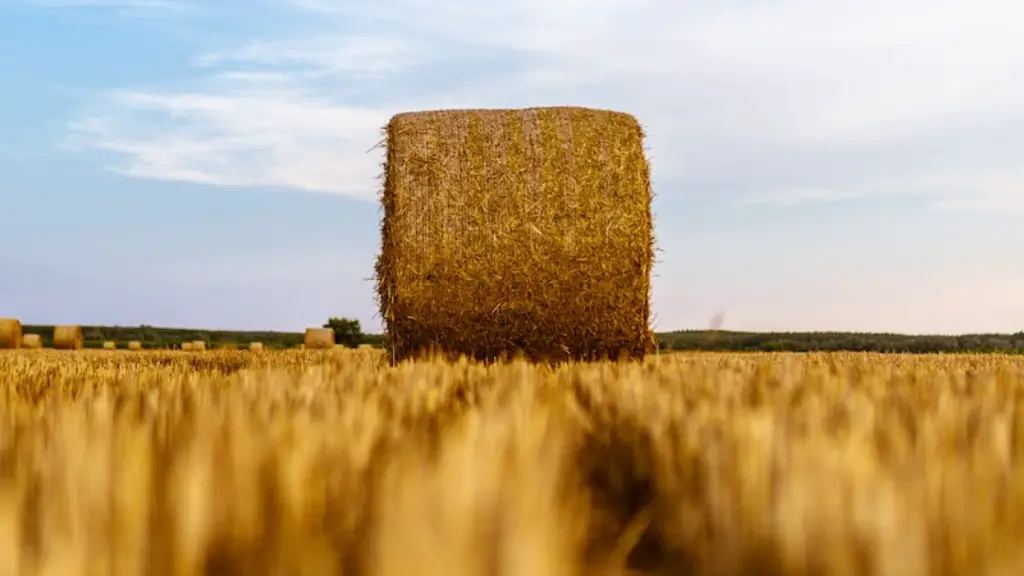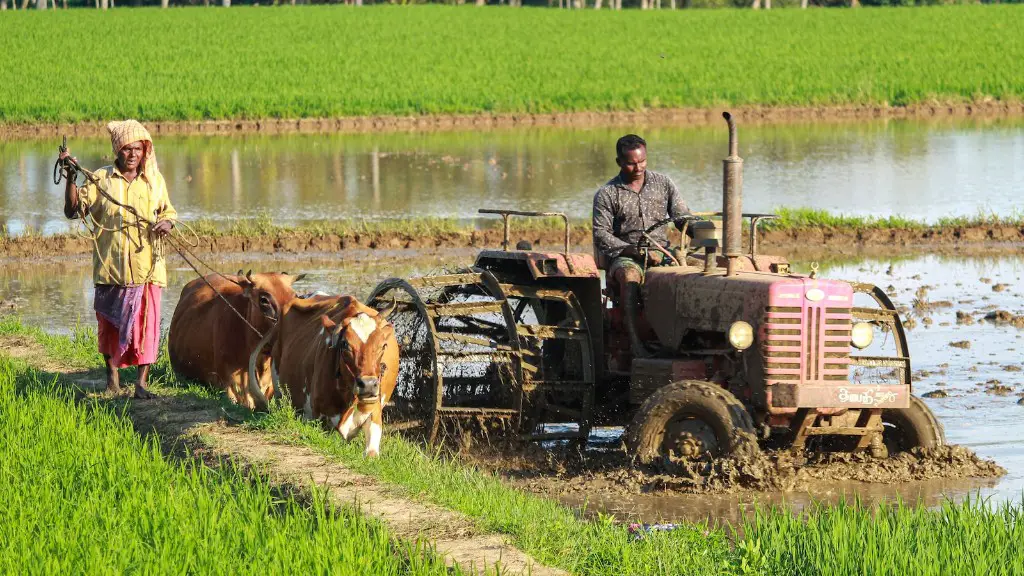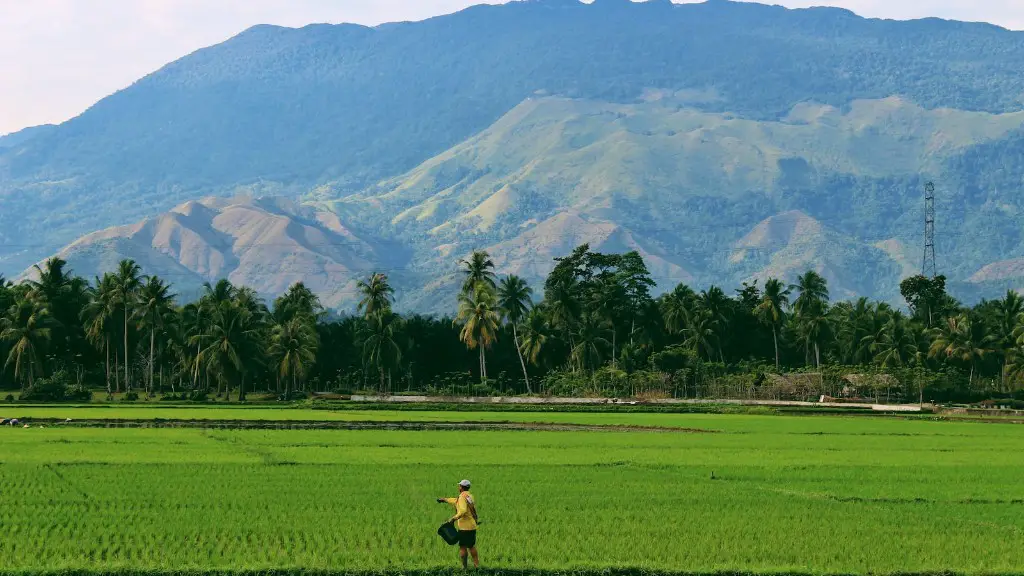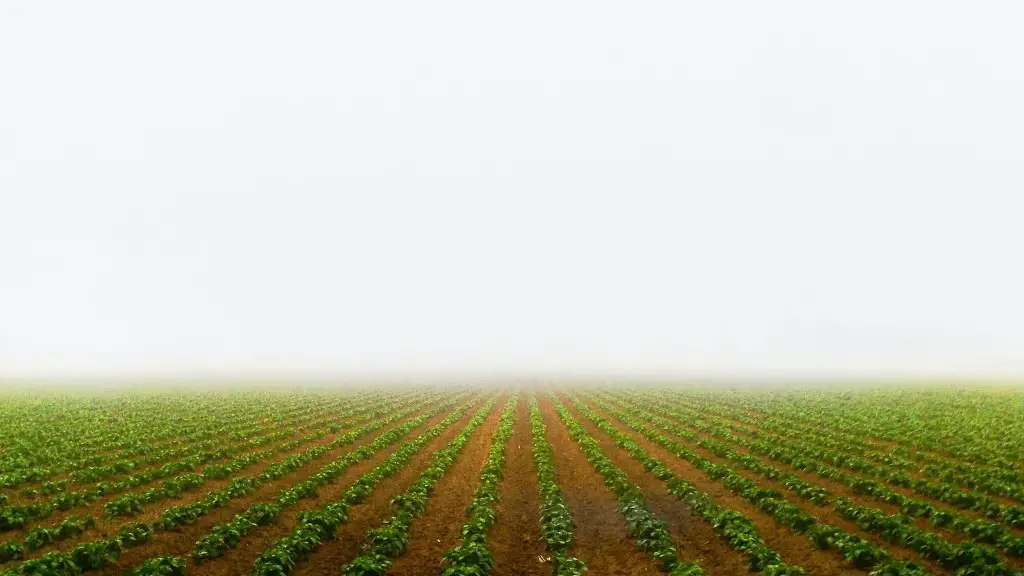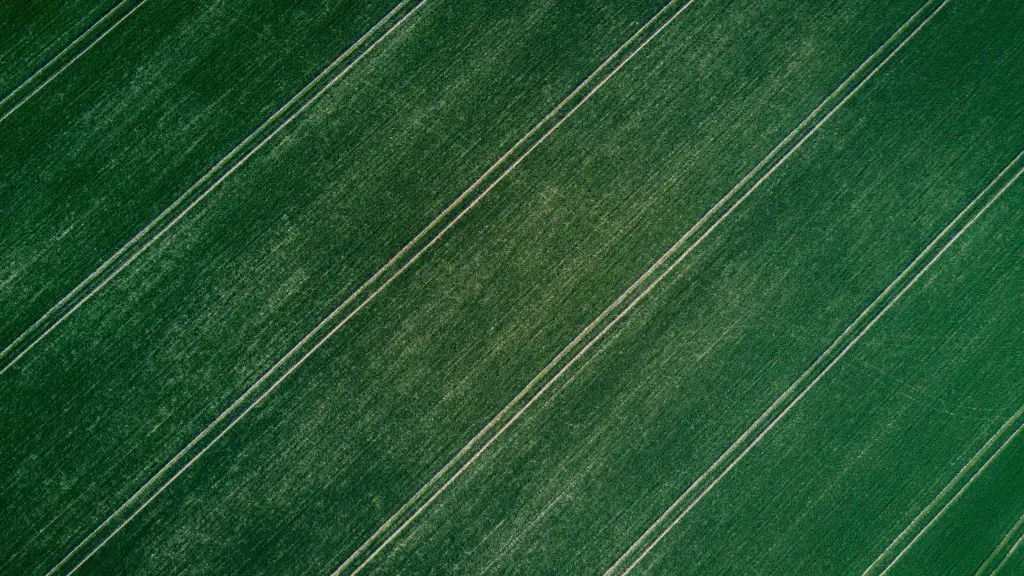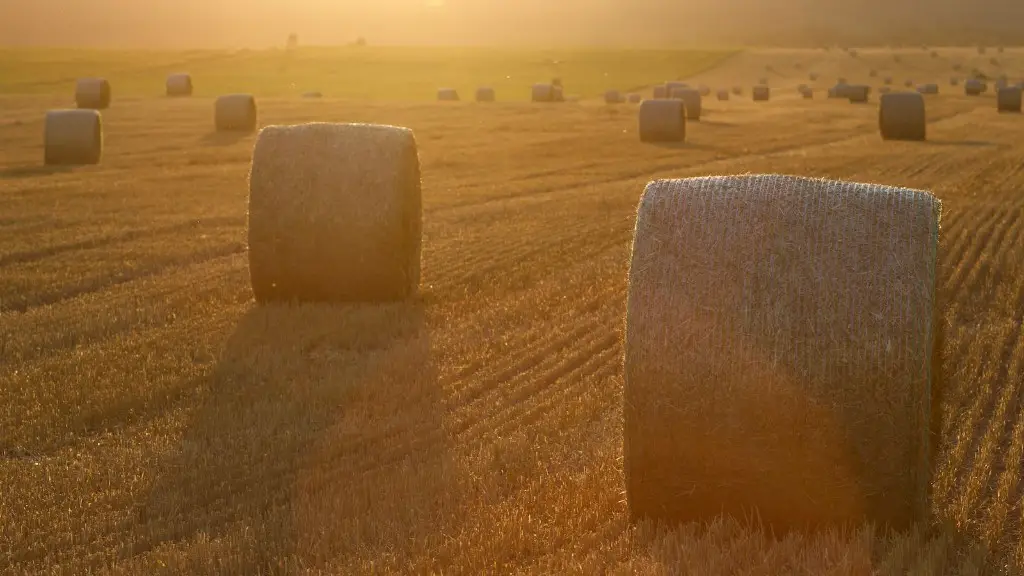Agriculture and horticulture are both techniques that are used to cultivate plants and produce food. Agriculture is the art and science of cultivating the soil, growing crops, and raising livestock. Horticulture is the smaller scale cultivation of plants, generally for aesthetic purposes.
Agriculture is the science and art of cultivating plants and livestock for human use. Horticulture is the science and art of growing fruits, vegetables, flowers, and other plants for aesthetic and culinary purposes.
What is the difference in agriculture and horticulture?
Horticulture is a branch of agriculture that deals with the cultivation of vegetables, trees, flowers, turf, shrubs, fruits and nuts. It is a relatively new field of agriculture, having only been established in the early 1800s. Horticulture is different from other types of agriculture in that it is more focused on the aesthetic value of plants, rather than their practical value. Horticulturists typically have a background in botany, and many horticulturalists are also certified arborists.
Horticultural crops are typically grown for aesthetic enjoyment and recreation, and are typically produced on a smaller scale with more intensive management than agronomic crops. Some horticultural crops, such as vegetables, fruits, flowers, and lawn grasses, are grown for aesthetic enjoyment and recreation, while others, such as ornamentals, are grown for their ornamental value.
What is the difference between horticulturist and agriculturist
Horticulturists are experts in the science of gardening, and agriculturists are experts in the science of farming. Agriculturists use the best available science to help farmers obtain better crop yields, while horticulturists use science to create better types of fruits, vegetables and seeds for gardening.
Horticulture is a great career choice for those who love plants and growing fruit or vegetables. It is a great way to be outdoors with your hands in the earth and have a passion for science. If you love all these things, then a career in horticulture may be just right for you.
What are the 4 types of horticulture?
Horticulture is the branch of agriculture that deals with the cultivation of plants for food, fuel, and other purposes. The term horticulture is often used interchangeably with gardening, but the terms are actually quite different. Gardening is generally considered to be the cultivation of plants for aesthetics, while horticulture is the cultivation of plants for economic purposes.
There are many different types of horticulture, each with its own focus. Olericulture is the production of vegetables, while pomology is the production of fruits and nuts. Viticulture is the production of grapes, and floriculture is the production of flowering and ornamental plants.
A horticulturist is an agriculture professional who uses knowledge of botany and agriculture to help farmers and agriculturalists cultivate plants. Horticulturists often work with farmers, helping them improve their cultivation techniques.
Horticulturists typically have a background in botany or horticulture, and many horticulturists also have a degree in agriculture. In addition to working with farmers, horticulturists may also work with landscapers, gardeners, and other professionals who work with plants.
What are 3 possible careers in horticulture?
Graduating with a degree in horticulture opens up a world of job possibilities. As a project manager, you would be responsible for coordinating and overseeing all aspects of horticulture projects. Gardeners are responsible for maintaining gardens and landscaping. Foremen oversee the work of horticulturists and workers. Horticulturists are responsible for the design, development, and maintenance of gardens and landscapes. Horticultural education supervisors work with educators to develop and implement curriculum and teaching strategies related to horticulture. Assistant managers of human resources work with employees to ensure they are properly trained and maintain efficient workflows. Professors teach horticulture courses at the college level. Scientists conduct research to develop new and improved horticultural techniques.
Horticulturists are responsible for increasing the yield, improving the vigor, size, and taste of plants. They also coordinate research programs for selective crops. Horticulturists must have extensive knowledge about trees, flowers, vegetables, nuts, bushes, and fruits.
What are the three major career areas in horticulture
The horticulture industry can be broadly divided into three main areas: pomology, olericulture, and ornamental horticulture.
Pomology is concerned with the planting, harvesting, storing, processing, and marketing of fruit and nut crops. Olericulture includes the planting, harvesting, storing, processing, and marketing of vegetable crops. Ornamental horticulture covers a wide range of activities, from the production of cut flowers and pot plants to the landscaping of gardens and public areas.
It’s unfortunate that horticulture and agriculture made The Daily Beast’s list of 20 Most Useless College Degrees. These are important industries that provide food and other products for people all over the world. I’m sure there are many people who are very happy with their horticulture and agriculture degrees.
Is being a horticulturist hard?
Public gardening is a hard profession that requires a lot of training. I always recommend internships at other public gardens to get a better understanding of the work involved. Some horticulture is very focused on science, such as plant conservation.
It is a common misconception that Bsc Agriculture is better than Bsc Horticulture in terms of employment opportunities and higher education. However, this is not the case. Both disciplines offer excellent opportunities for employment and further study. The main difference between the two is that Bsc Agriculture focuses on the production of food, while Bsc Horticulture focuses on the cultivation of plants. Both disciplines are essential for the food industry, and both offer excellent career prospects.
How much does a horticulturist earn
The average horticulturist salary in South Africa is R 390 000 per year or R 200 per hour Entry-level positions start at R 217 500 per year, while most experienced workers make up to R 420 000 per year.
The median salary for a horticulturist is $27,237 to $44,567, according to PayScale.com. Wages for horticulturists can vary depending on their job, with landscapers earning between $32,500 and $51,000, and agricultural positions paying $37,210 to $48,750 per year.
Where do horticulturists make the most money?
If you’re looking for a great company to work for as a horticulturist, there are a few top companies in the United States that you should definitely check out. The Smithsonian Institution is a great choice, with 41 openings and an hourly pay rate of $2775. The State of Louisiana also has a number of openings, with 34 positions and an hourly pay rate of $2653. Five Rivers Metro Parks is another great option, with 31 openings and a pay rate of $2588 per hour. Finally, Parterre Garden Services is a great company to consider, with 43 openings and a pay rate of $2398 per hour.
There are many great career opportunities available to those who study horticulture. Plant pathologists, consultant in horticulture, ornamental horticulturists, horticultural technicians, plant care workers, and nursery staffers are just a few of the many possible career paths. Landscape designers and writers are also often needed in the horticulture field.
Conclusion
Agriculture is the art and science of cultivating the land for the production of crops. Horticulture is the branch of agriculture that deals with the cultivation of vegetables, fruits, and flowers.
Agriculture and horticulture are both important parts of food production. Agriculture is the science and art of cultivating plants and horticulture is the science and art of growi
